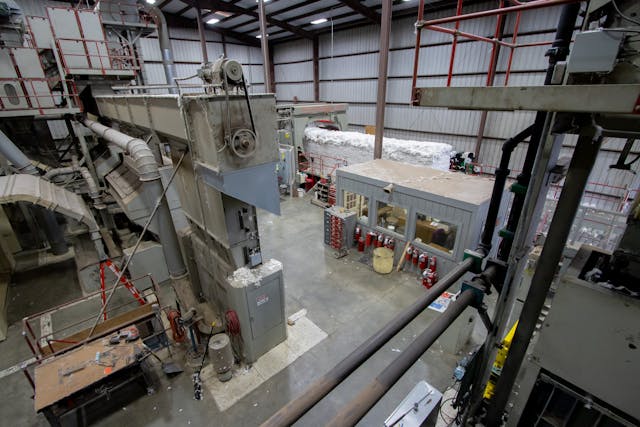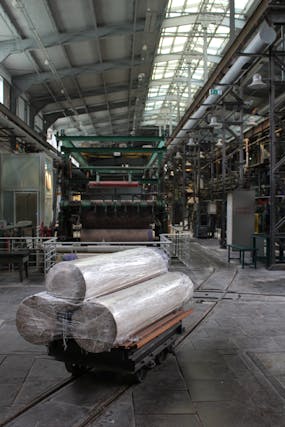In the dynamic landscape of modern industries, the efficiency of materials handling plays a pivotal role in the success and competitiveness of businesses across various sectors. Materials handling solutions encompass a wide range of equipment, technologies, and strategies designed to streamline the movement, storage, and transportation of goods and materials within manufacturing facilities, warehouses, distribution centres, and logistics operations. In this article, we delve into the realm of materials handling solutions, exploring their significance, key components, and the transformative impact they have on optimizing productivity and operational efficiency.
At the core of materials handling solutions lies the objective of maximizing efficiency and minimizing waste throughout the supply chain. By effectively managing the flow of materials from point of origin to point of consumption, businesses can reduce operational costs, enhance productivity, and meet the evolving demands of customers in today’s fast-paced marketplace. Materials handling solutions encompass a diverse array of equipment and technologies, ranging from conveyors, forklifts, and pallet jacks to automated systems, robotics, and advanced software solutions.
One of the primary benefits of materials handling solutions is their ability to improve operational efficiency and productivity within industrial and logistics environments. By automating repetitive tasks, streamlining workflows, and optimizing resource allocation, materials-handling solutions enable businesses to achieve higher throughput rates, shorter lead times, and greater output capacity. Whether it’s moving raw materials to production lines, organizing inventory in warehouses, or fulfilling orders for shipment, efficient materials handling processes are essential for maintaining smooth and seamless operations.

Moreover, materials handling solutions play a critical role in enhancing workplace safety and reducing the risk of accidents and injuries. Manual handling of heavy or bulky materials poses significant hazards to workers, including strains, sprains, and musculoskeletal injuries. By leveraging equipment such as powered industrial trucks, ergonomic lifting aids, and automated material handling systems, businesses can minimize the physical strain on workers and create safer working environments. Furthermore, technologies such as sensors, cameras, and proximity detection systems help prevent collisions, falls, and other workplace incidents, ensuring the well-being of employees.
Additionally, materials handling solutions contribute to inventory accuracy and supply chain visibility, enabling businesses to better track, monitor, and manage their inventory levels and stock movements. With real-time data capture, RFID technology, and warehouse management systems, companies can gain insights into inventory status, location, and movement, facilitating accurate forecasting, demand planning, and order fulfillment. By optimizing inventory control and visibility, materials handling solutions help businesses reduce stockouts, excess inventory, and carrying costs, leading to improved inventory turnover and profitability.

Furthermore, materials-handling solutions are instrumental in supporting the scalability and adaptability of businesses in response to changing market conditions and customer demands. Whether expanding operations, diversifying product lines, or entering new markets, businesses need flexible and agile materials handling systems that can accommodate growth and change. Modular conveyor systems, flexible storage solutions, and scalable automation technologies empower businesses to scale their operations seamlessly and adjust to evolving business requirements, ensuring long-term competitiveness and sustainability.
Moreover, materials handling solutions contribute to environmental sustainability and resource conservation by optimizing energy usage, reducing waste, and minimizing carbon emissions. Automated guided vehicles (AGVs), energy-efficient conveyor systems, and smart lighting technologies help businesses minimize their carbon footprint and improve energy efficiency in materials handling operations. Furthermore, by reducing material waste, packaging waste, and transportation emissions, materials handling solutions contribute to a more sustainable and environmentally responsible supply chain.




